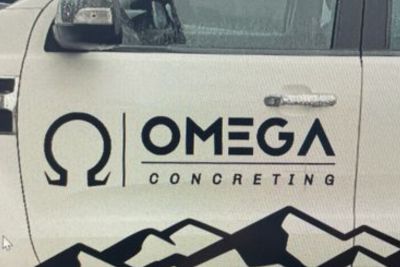Adding a driveway, walkway, patio, or pool deck is an exciting landscaping project that enhances the beauty of your outdoor space. While there are several paving materials available, concrete and pavers are both remarkable options that offer great reliability.
But which one is better?
Concrete and pavers have their own benefits and drawbacks and we will break them down to help you decide on what to use for your landscaping project.
But first, let’s define what concrete and pavers are:
What is Concrete?
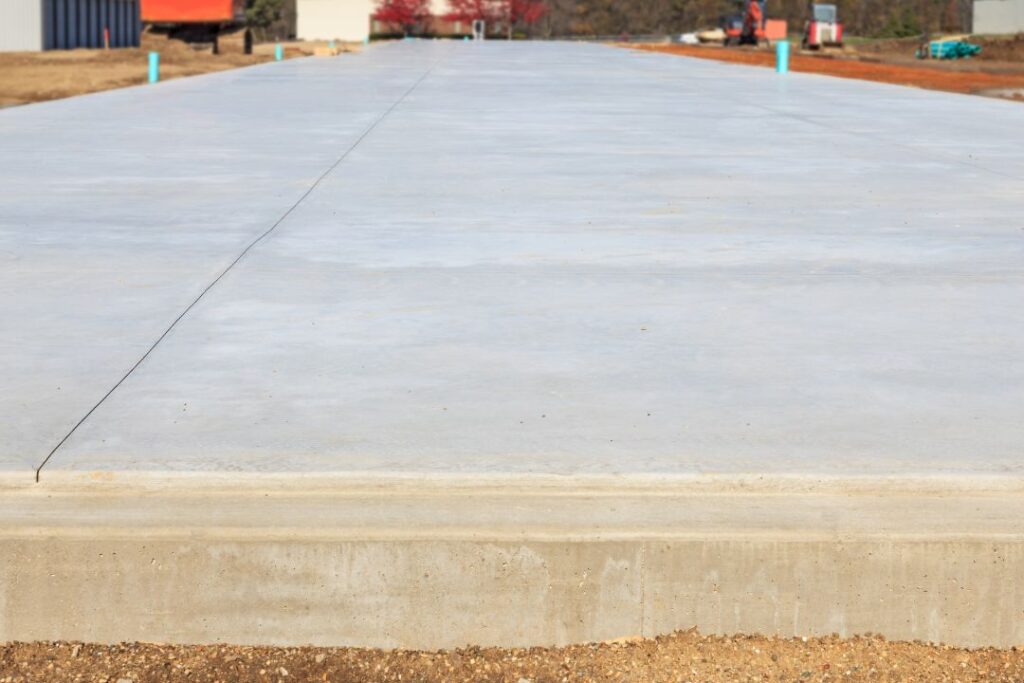
Concrete is a building material made from cement, gravel, sand, and water. It is typically used in constructing homes, buildings, bridges, and highways because of its durability and versatility. It’s often used in residential landscaping projects to construct driveways, pathways, shabs, patios, and pool decks. The key feature especially in relation to pavers is that concrete is one continuous surface.
What Are Pavers?
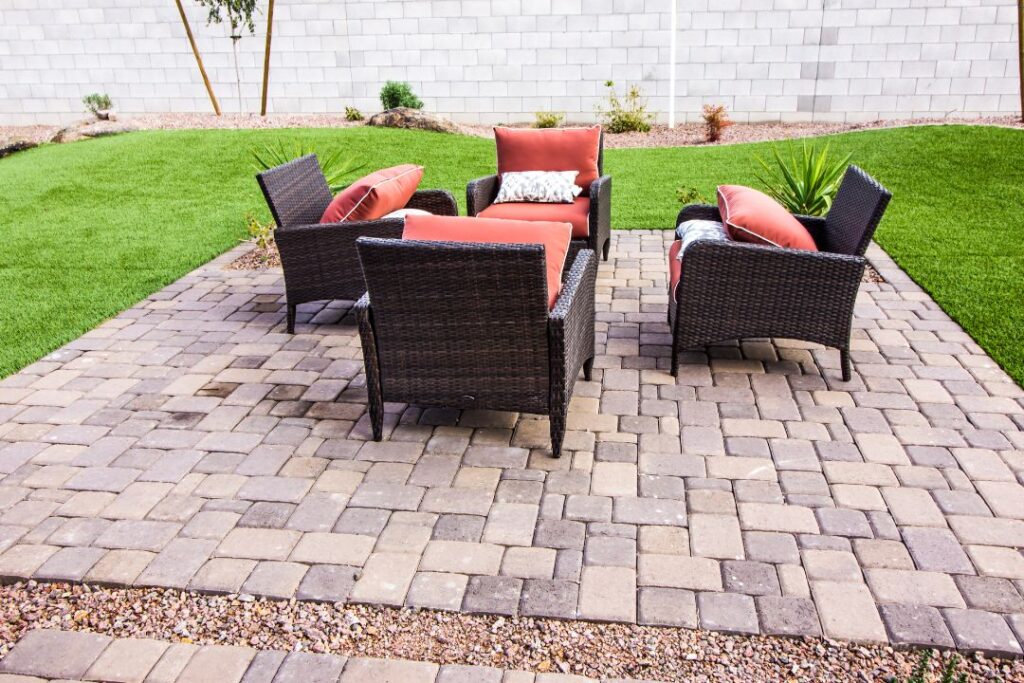
Pavers are fashionable outdoor flooring options that can increase the value of your property. They come in various designs, sizes, finishes, and colours, pavers can easily match the backdrop of your home. The key difference especially in relation to concrete is that pavers are made of individual units laid together in a pattern.
Pavers Vs Concrete: Factors to Consider
Here are some factors and considerations to help you choose the best material for the surrounding areas of your home:
Durability and Lifespan
Though pavers and concrete are both durable, cracks and damages are unavoidable factors. But let’s see which one is more durable and lasts longer.
Concrete
Concrete is a solid yet cost-effective building material and that’s the reason why it is used in construction. But concrete is also susceptible to cracking due to factors such as weather, vehicle loading, ground movement, tree roots, ground movement and soil erosion. Concrete can last up to 30+ years, but you can prolong its durability by performing periodic maintenance and addressing issues that may compromise the concrete surface as they arise.
Pavers
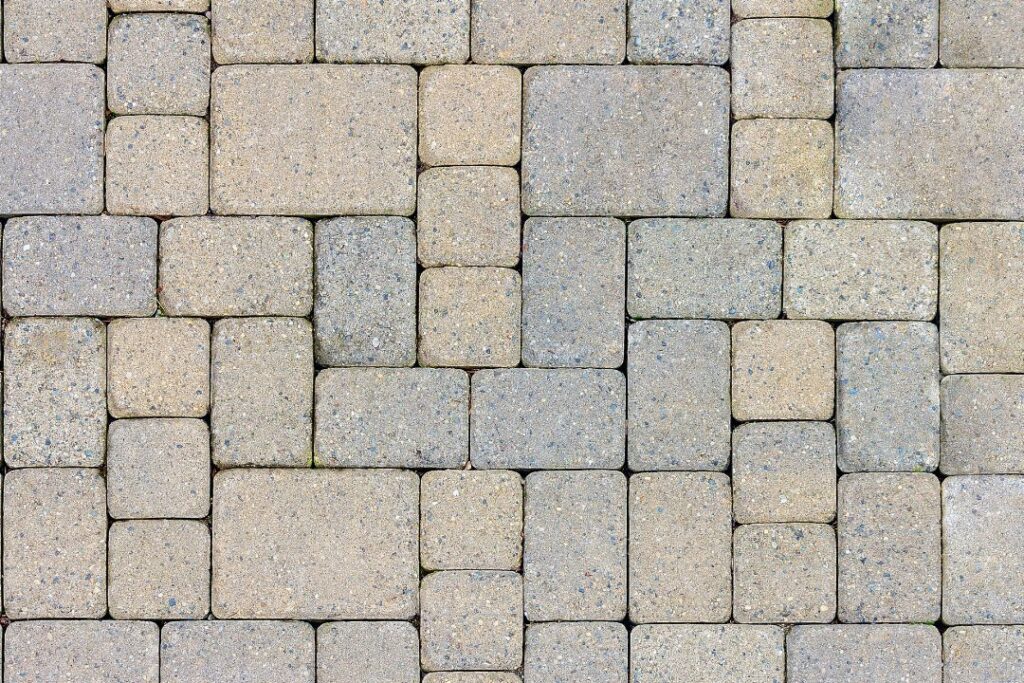
Pavers provide a solid surface area that can shift and adjust with subtle ground movements without cracking. For particularly reactive soil types such as those commonly found in Ipswich pavers provide an excellent option. Pavers have a lifespan of 50 to 100 years before needing a replacement. Replacing them is also labour and cost-saving as you can just replace any damaged pavers with minimal disruption to the surrounding pavers instead of replacing the entire surface.
Installation Cost
Concrete
Compared to pavers, concrete as a material is more affordable and is easier to install meaning the labour costs to have professional concreters install it will be less compared to hiring professionals to install pavers. For example at the time of writing plain concrete can be supplied and installed around the home for as little as $90 a square metre.
Although easier and faster to install, concrete needs time to dry and cure, so pedestrians should not use it for 24 hours after pouring while furniture and light vehicles should not be placed on the concrete for ten days after the concrete has been installed.
Paver
The cost to install pavers varies greatly depending on the material used (natural stone pavers are the most expensive), design intricacy, and area to be installed. However, most pavers will cost more per square metre than concrete and because the installation of pavers is much more labour-intensive (each paver must be laid one at a time) then your installation costs will also be much lower than concrete.
Installing pavers will take almost five days for a team with five workers. Paver installation involves site preparation (digging, removing debris, and grading the surface for proper drainage), which is already a complex undertaking.
No curing time is required for paving stones and the installation is ready to use right after completion. The pavers are adjustable and can be easily altered by replacing or removing them.
Repair Cost
Concrete
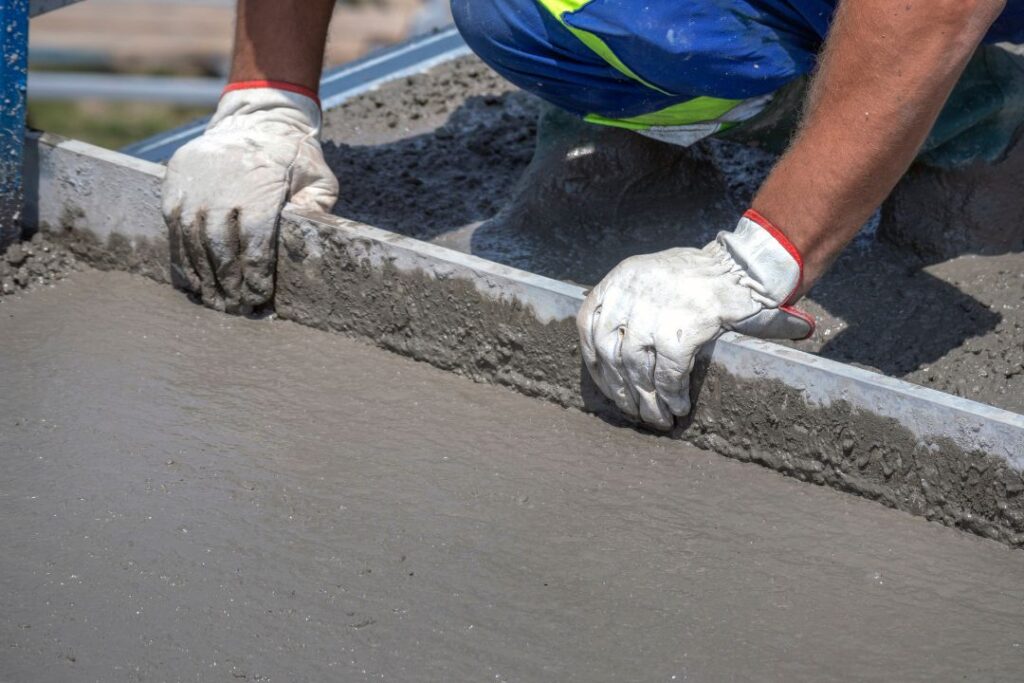
In general, the cost to repair a concrete surface will be far greater than to repair a paver surface. The exact cost to repair concrete will depend on several factors including the type of repair required, the size of the affected area and the extent of the damage. Covering defects can be a cost-effective short-term option but many times replacing it with a new concrete surface is the best, most cost-effective long-term solution.
Paver
Replacement and repair costs of pavers are easy and reasonably priced because they are flexible paving materials that can be easily replaced. Stained or damaged pavers can be easily replaced with new pavers without impacting the surrounding surface. The exact cost will depend on the type of paver, the quantity of pavers and the scope of the work.
Maintenance Requirements
Concrete
Concrete is easy to maintain. Using a gentle cleaner and brushing the blemished areas with a bristle brush will help remove stains. You can also use a protective sealant to stop stains from permeating while refurbishing it with stencilled concrete can help hide stains and cracks. You can prolong the quality, appearance, and lifespan of the concrete by sealing its surface.
Pavers
Pavers require regular maintenance to maximise their effective lifespan. Cleaning pavers is easy and can be done by scrubbing the surface with water and soap. Over time, grass and weeds can grow in between the joints of the pavers and need to be treated with weed killer. Another issue that can occur is that the gap sand can be washed away after frequent heavy rain. Gap sand will be periodically replenished to maintain its appearance and minimise shifting of individual pavers.
Design Versatility
Concrete
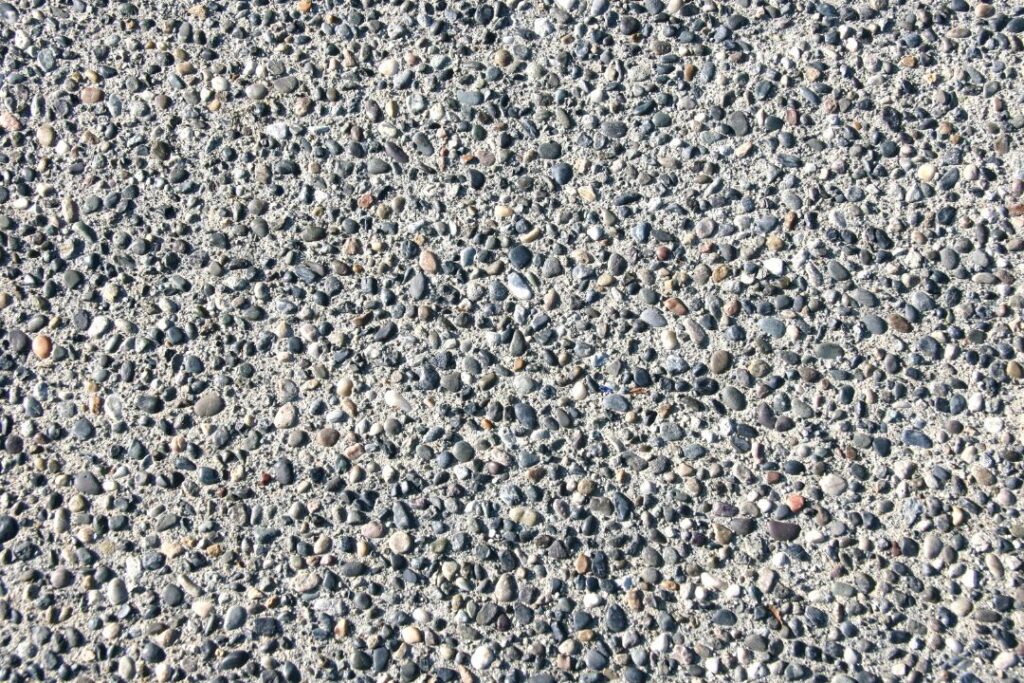
Concrete has a straightforward design but there are methods to modernise its appearance. For example, you can install coloured concrete which has colour dye added to the concrete mixture to give your surface a unique look. Additionally, there are various finishes like exposed aggregate, stamped, and stencilled concrete which can add another visual element to your concrete surface.
Pavers
When it comes to visual appeal, pavers are the more versatile option. There are innumerable patterns, colours, and textures on offer. The number of design options for pavers is only limited by your imagination. They can provide a sophisticated look that further enhances your property.
Summary
So which one is better? Based on the comparison above, pavers are superior to concrete when it comes to durability, life span, repair cost, and design versatility. On the other hand, concrete is more budget-friendly and requires far less ongoing maintenance. But choosing which material is better still boils down to your personal preference and budget. Either way, both concrete and pavers are excellent paving materials that are durable, versatile, and impressive.

